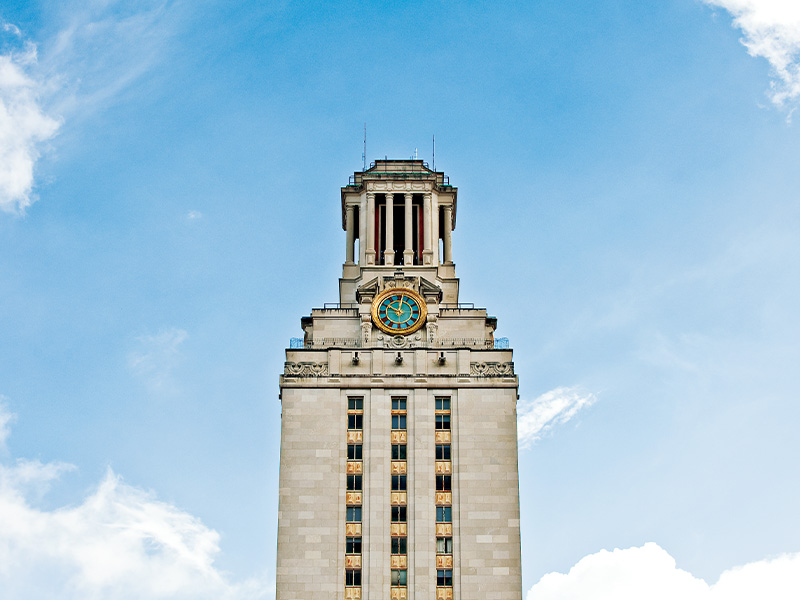
The Department of Energy has selected Battery500, a national consortium led by Pacific Northwest National Laboratory (PNNL) and including Arumugam Manthiram of The University of Texas at Austin as its chief scientist, to help lead a new five-year, $50 million initiative to advance battery technology in electric cars.
Electric cars should be more common and affordable if the new national research effort achieves its ambitious goal of significantly improving the batteries that power today’s electric vehicles.
The Battery500 consortium will receive up to $10 million per year from the Department of Energy’s Office of Energy Efficiency and Renewable Energy, the White House has announced. The multidisciplinary research group includes leaders from DOE national labs, universities and industry, all of which are working together to make smaller, lighter and less expensive batteries that can be adopted by manufacturers.
As chief scientist of the consortium, Manthiram, a mechanical engineering professor in the Cockrell School of Engineering who also serves as the director of the Texas Materials Institute at UT Austin, will help oversee keystone projects and will collaborate on technical development and delivery.
In addition to Manthiram, professor John Goodenough, inventor of the lithium-ion battery cathode materials, will contribute his knowledge and expertise to the consortium. UT Austin will be focused on the development of electrode materials to increase energy density.
“The Battery500 consortium is truly a dream team of battery materials and evaluation experts,” Manthiram said. “We are thrilled to help lead this effort to develop next-generation lithium batteries that can speed up the adoption of electric vehicles.”
Beyond PNNL, the consortium includes the following partners:
- Brookhaven National Laboratory
- Idaho National Laboratory
- SLAC National Accelerator Laboratory
- Binghamton University (State University of New York)
- Stanford University
- University of California, San Diego
- The University of Texas at Austin
- University of Washington
- IBM (advisory board member)
- Tesla Motors Inc. (advisory board member)
Battery500’s aggressive goal is to develop lithium-metal batteries that have almost triple the “specific energy” found in the batteries that power today’s electric cars. Specific energy measures the amount of energy packed into a battery based on its weight. Because electric vehicles (EVs) need to be lightweight to drive farther on the same charge, EV batteries with high specific energies are essential.
The team hopes to reach this goal by focusing on lithium-metal batteries, which use lithium instead of graphite for the battery’s negative electrode. The team will pair lithium metal with two different materials for the battery’s positive electrode. While studying these materials, the consortium will prevent unwanted side reactions in the whole battery that weaken a battery’s performance.
A key focus of the consortium is to ensure that the technological solutions it develops meet the needs of car and battery manufacturers. While the project is ongoing, consortium members will work to ensure that significant innovations can be quickly and seamlessly implemented by industry.
Recognizing diversity in experience and opinions often results in better solutions, the consortium will also welcome ideas from others. The team will set aside 20 percent of its overall budget for what it is calling “seedling projects,” or work based on proposals from the larger battery research community.
Though the immediate goal is to make effective, affordable batteries for EVs, the consortium believes its work could also advance stationary grid energy storage.
